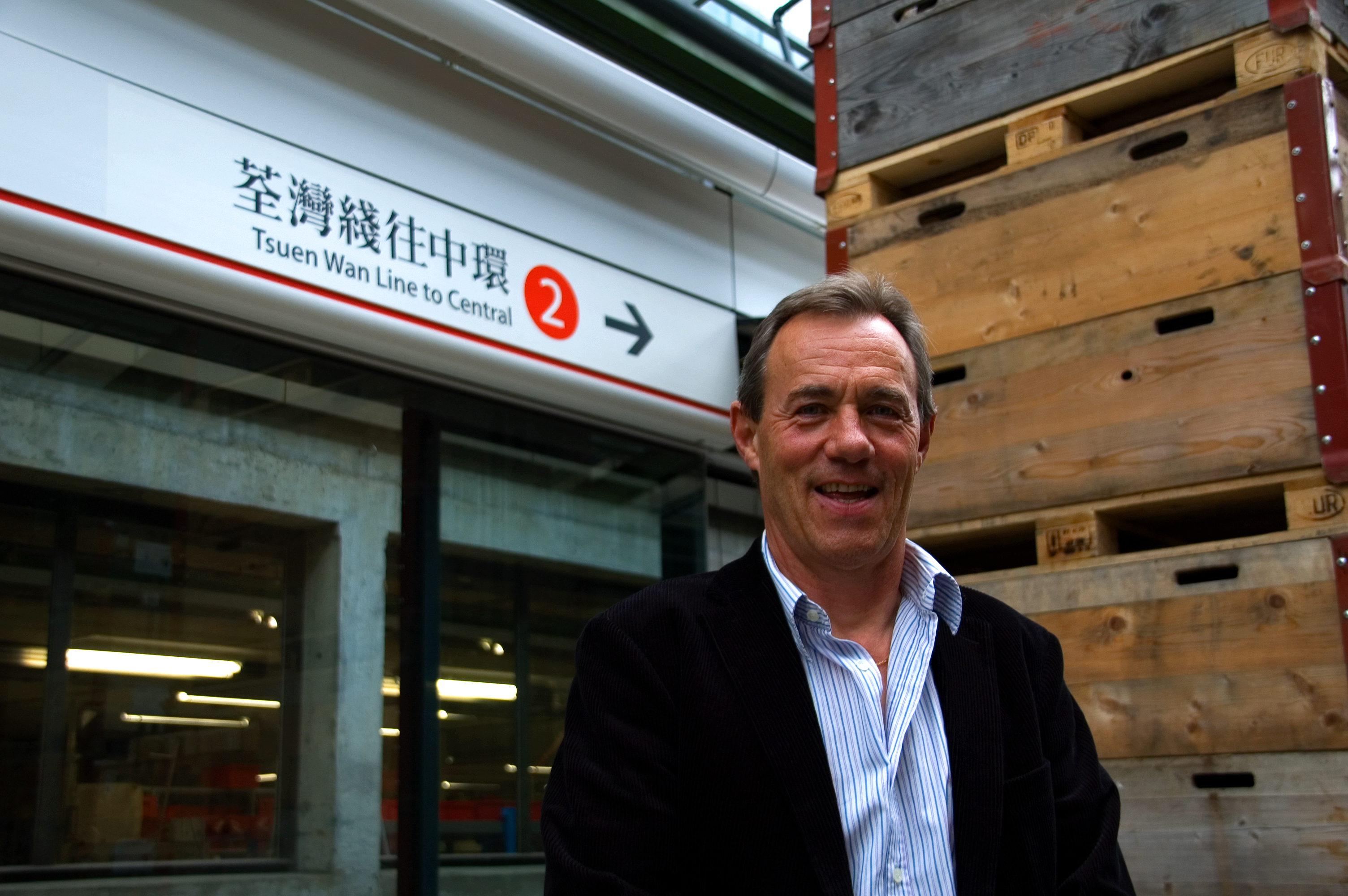Why are Japanese buying Swiss companies?

In the last two years, takeovers of Swiss companies by Japanese interests have become more frequent. Takeda’s acquisition of pharma giant Nycomed was one example.
The Japanese economy is currently suffering from the effects of the Tohoku earthquake of 2011 as well as from the strength of the yen. Nevertheless Japanese conglomerates are investing more and more in Swiss companies.
As early as 2009, the Japanese conglomerate Mitsubishi took over the biggest Swiss plastics manufacturer Quadrant, followed in 2011 by the billion-dollar acquisition of Nycomed by Takeda Pharmaceutical, the takeover of door system manufacturer Kaba Gilgen by Nabtesco and of the well established electricity firm Landis + Gyr by Toshiba.
At the begining of March this year, the Japanese watchmaking giant Citizen anounced it was paying $70 million to acquire Prothor Holding, which owns Swiss watch component makers.
“It’s not the Indians or the Chinese who are buying up corporate Switzerland, it’s the Japanese”, commented the newspaper NZZ am Sonntag following this announcement. According to figures given by the paper, there are now some 25,000 workers in Switzerland on the payroll of Japanese companies.
In an interview with swissinfo.ch, Paul Peyrot, executive director of the Swiss-Japanese Chamber of Commerce (SJCC) in Zurich, provides some possible reasons for this trend.
swissinfo: Why has the number of takeovers of Swiss firms by Japanese companies increased so much in the last two years?
Paul Peyrot: I should begin by saying that it’s not only in Switzerland that these takeovers have been happening; Japanese businesses have been acquiring companies all around the world. 2011 was a record year – Japanese companies bought up foreign firms to the tune of $85 billion.
There are several reasons for this. First of all, it’s a good business opportunity at the moment. Due to the banking and economic crisis, a lot of curriences like the US dollar and the euro are weak. And on the other hand, a lot of companies can be bought up cheaply, because their stock market value is down.
That is actually not the case in Switzerland. Here it is much more like a classic investment scenario. Japanese companies have been buying Swiss companies, for one thing to get access to new markets. Just think of Nycomed, which is most active in developing countries. That was a classic acquisition by Takeda, so as to open up new markets and to get active in markets where they previously had no presence.
On the other hand, Japanese companies have also been buying Swiss technologies and product lines of interest to them. Typical for this is Landis + Gyr, which has a strong technological position in the market with its current meters.
I expect the same thing was going on with Uster Technologies and Oerlikon Solar. There it was the classic investment strategy in technologies and new products which Japanese companies need to extend their product ranges and portfolios so they can make the running in new markets.
Other important reasons would be the low interest rates – the Japanese Central Bank is giving out loans practically interest-free – and the circumstance that a lot of Japanese companies are sitting on huge reserves of cash and liquid resources which they can invest more profitably abroad than in their own country.
swissinfo: The Japanese domestic market is shrinking because the population is declining. Is the increase in overseas involvement to be interpreted in the light of this fact too?
P.P.: Indeed. Japanese society is getting older and older, the proportion of productive forces is getting less, and in Japan there has been no more growth since the big crisis. The home market is no longer able to provide growth opportunities for Japanese companies. That is why so many of them are looking for the opportunity to expand abroad. They see growth opportunities in new foreign markets, not at home.
This is not only the case with individual companies; it is the view of the Japanese economics ministry as well. The ministry has been explicitly encouraging Japanese companies for the past two or three years to diversify internationally, acquire new products abroad, and open up new technologies and new markets.
swissinfo: Is it just a coincidence that so many Swiss companies in particular have been taken over?
P.P.: Quite a few Swiss companies are of interest, because they are operating in similar fields to the Japanese companies, or in technological niches with specialised technologies. That makes them attractive. But that there have been so many takeovers here in Switzerland is just a coincidence, I think.
swissinfo: So the Free Trade Agreement concluded between the two countries in 2009 has had no particular influence?
P.P: Takeovers are not really facilitated by that agreement. It gives specific incentives to direct trade between the two countries, but that has really nothing to do with this recent wave of takeovers.
What people are hoping for is that Japanese companies will move into Switzerland and start up branch plants, so as to serve the European market from here. But there hasn’t really been much sign of that happening so far.
swissinfo: Is this trend of takeovers by Japanese companies likely to continue?
P.P.: What I am hearing from the experts is that several major deals are currently in the works. After that, we will just have to see if the circumstances that have favoured this wave of investment will continue to hold or not.
There are plenty of companies of interest in Switzerland, but probably not such big household names as Landis + Gyr or Nycomed. I think small and medium-sized companies are more likely to be the object of takeover bids, because they offer technologies or markets of particular interest.
Announcements in chronological order:
May 4, 2009: Mitsubishi Plastics: Quadrant (plastics manufacturer).
Dec. 20, 2010: Hitachi Zosen Corporation: AE&E Inova AG (waste recycling).
Jan. 31, 2011: Nabtesco: Kaba Gilgen AG (automatic door and gate systems).
May 19, 2011: Toshiba: Landis + Gyr.
May 19, 2011: Takeda: Nycomed.
Nov. 8, 2011: Toyota Automatic Loom: Uster Technologies (quality measurement and certification products for the textile industry).
Mar. 5, 2012: Tokyo Electron: Oerlikon Solar (solar cells).
Mar. 5, 2012: Citizen Holdings Co.: Prothor Holding SA.
April 23. 2012: UCC Holdings: United Coffee.
May 31, 2012: Fuji Seal International: PAGO Holding AG (labelling).
(Translated by Terence MacNamee)

In compliance with the JTI standards
More: SWI swissinfo.ch certified by the Journalism Trust Initiative


You can find an overview of ongoing debates with our journalists here. Please join us!
If you want to start a conversation about a topic raised in this article or want to report factual errors, email us at english@swissinfo.ch.